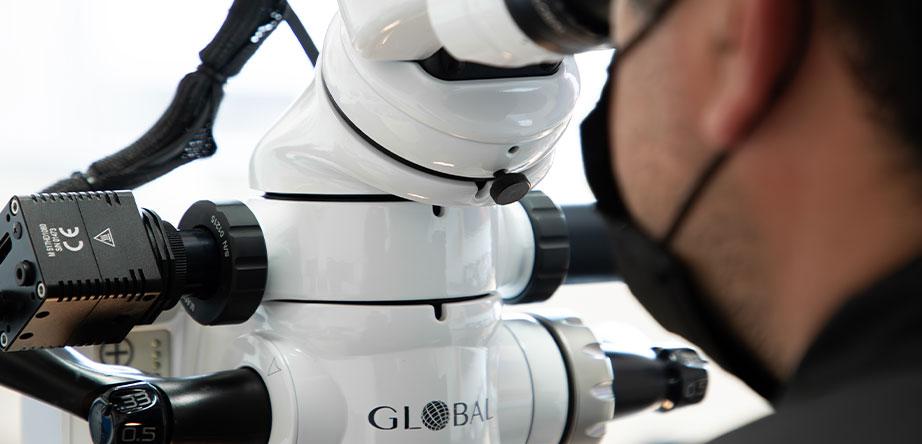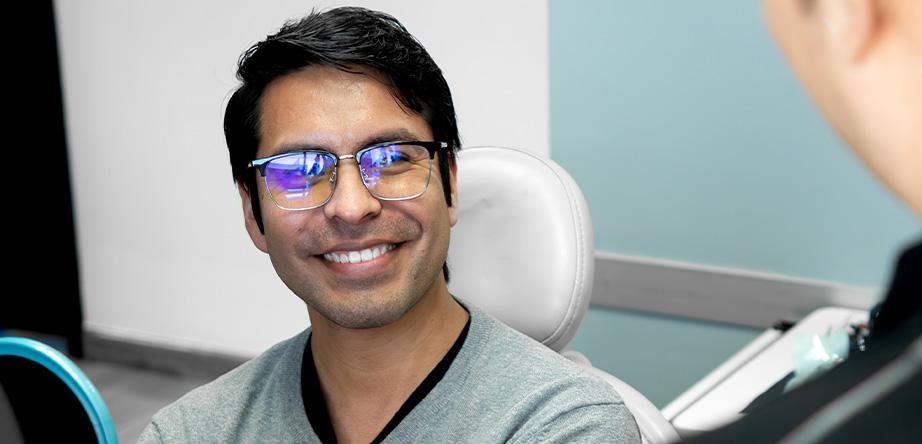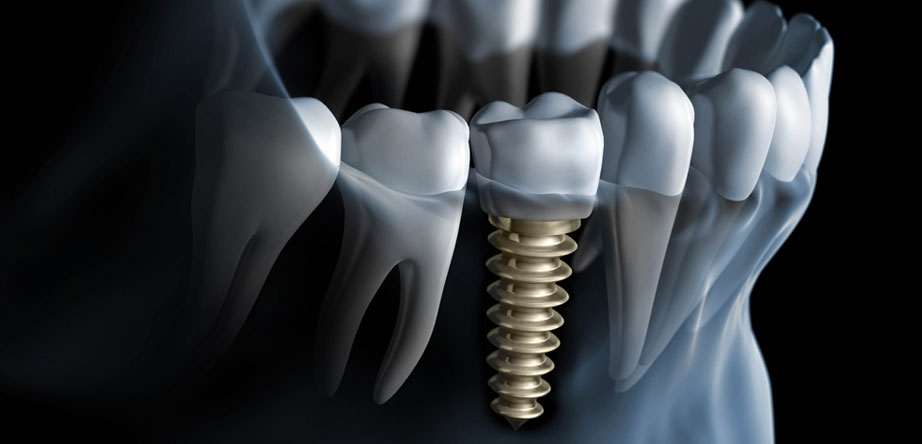
Do you plan to get Dental Implant Surgery?

Do you plan to get Dental Implant Surgery?
Why would you need to get a Dental Implant Surgery? When you’ve lost a tooth or your existing one isn’t healthy anymore, dental implants are the perfect solution. Dental implants are a metal replacement tooth root that will support a dental prosthesis. They are usually made of titanium and need to get anchored into the jaw to function at 100%.If you already have a denture or a bridge, chances are, you’ve probably experienced discomfort when eating. I’m guessing you also had to re-learn how to bite into foods without getting your denture loose. Unlike a denture, an implant will allow you to eat almost all types of food, since it helps to regain your chewing ability on up to 90%. That means that chewy and crunchy food will no longer be off-limits!!
What’s involved in the Dental Implant Surgery
Not all dental implant surgeries are the same. The way is performed depends on the type and number of implants, as well as the condition of your jawbone. Also, the total number of appointments and time required is different for each person. No two cases are the same. Still, there are common steps taken with almost all dental implant surgeries: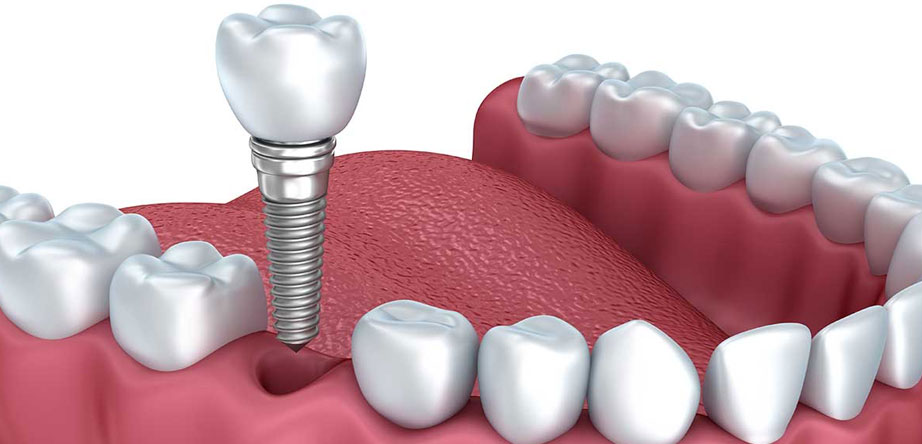
Firstly, the oral surgeon needs to prepare the jaw so he can place the implant. Preparation is basically creating a small opening on the gum to begin the drilling process (That’s right, the implant will get drilled because it’s a titanium screw). The surgeon then, can start to make a drill guide with the smallest of the screws. From there, he can slowly widen the hole until it’s the same diameter as the implant screw (roughly 3-7mm).
After the implant is placed, a protective screw cover is placed. This allows the implant site to heal and also helps the dental implant to anchor. An implant can take from 3 to 6 months to get fully anchored. That depends on the patients’ health condition. This long process is called osseointegration and it just means that the implant gets completely fixed to the bone.
Implant and Bone Fusion
The next step can be taken until the dentist confirms that successful osseointegration has happened. As we said, it could take 3-6 months; your age, smoking habits, overall health, and hygiene will always be decisive.At this point, the protective screw cover that was placed during the surgery should be removed. Additional surgery is required to get access to the implant and place an abutment. An abutment is a piece that will stand out of the gum and where your crown will get attached. Now is time to wait for the gum around the abutment to regrow.
There are some cases in which the placement of the abutment can be made in the first surgery, when the metal post was implanted. You can ask your dentist if that option is convenient for you.
How about a set of teeth while the implants heal?
During the whole wait time, the dentist can fix you with a temporary solution, like a tooth, bridge or denture, depending on your needs. The temporary denture is only given for appearance. You’ll have to remove it after each meal for cleaning and is also recommended to take it off while you sleep.Once the implant is fixed to the bone and the gums have regrown around the abutment, is time to get your permanent crown on top of the abutment. Congratulations, you’re done!
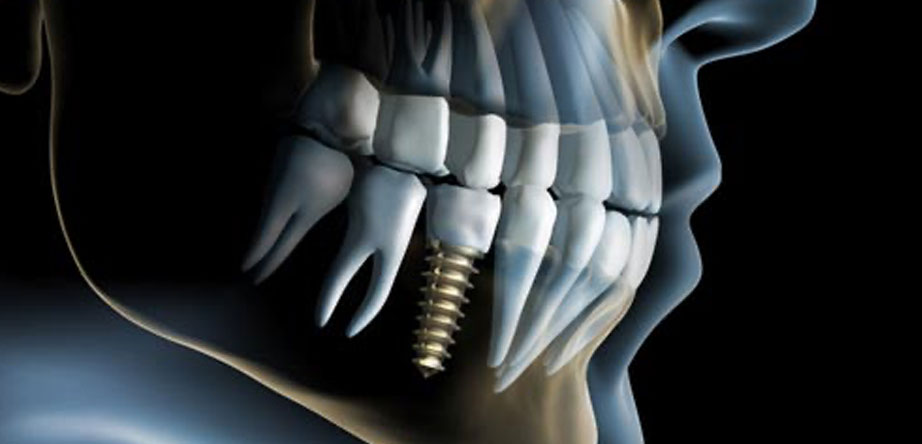
Improve your chances of a successful dental implant surgery
We’ll always be looking for great bone quality and quantity at the implant site. That way, we can be sure that the implant can anchor to the bone. If you don’t have severe bone loss, we have a solution to get your implant more secured into the bone. A minor bone grafting procedure could be done in tandem with the dental implant surgery. By doing so, we can greatly increase the chance of a successful anchorage.If you do suffer from bone loss, it could be related to chronic periodontitis. Periodontitis is a serious gum infection, and yes, you should also take it seriously. Nowadays, there are several successful treatments for advanced periodontal disease. They should be completed before getting an implant.
Is fairly well known that cigarette smoking affects wound healing. If you could stop smoking for at least one month before a dental surgery, you should expect less complications afterwards.
Only your dentist can determinate what type of implant is needed for your particular case. But we can tell you that if you’re soon-to-be edentulous (toothless), the most recommended option is an All on 4 dental implant. It’s also a great option when it’s hard to find adequate bone to place implants. And what’s more amazing is that it doesn’t stop there. All on 6 or even All on 8 dental implants are now available. They’re placed to get better bone support when there’s not enough volume to hold on to.
Are there any risk factors in dental implant failure? Age
It’s usually suggested as a risk factor for dental implants. But age itself should not be considered as a contraindication. What’s commonly related to aging is what we need to turn our attention to.
Some aged patients could be experiencing bone loss, although is not a general rule. Bone loss can happen anytime. For example, after a tooth falls out, it should get a replacement ASAP. If not, your body will know that you’re no longer using that spot to chew. How? Well, there’s not enough pressure put into the jawbone anymore. And because of that, the body reabsorbs the unused bone. The common saying: if you don’t use it, you lose it, applies perfectly to this situation.
Smoking Habits If you think that you should stop smoking only after your surgery, you’re missing out on the advantages of quitting.
This has been demonstrated on several studies and on real life. Since smoking weakens the immune system, it also increases the chances of infection. If you are wondering how soon you can rip these benefits, take a look:
1-2 days after quitting: Now that carbon monoxide isn’t on the way anymore, the body is slowly regaining the ability to move more oxygen. So, blood flow augments and healing improves.
3-6 weeks after quitting: Immunoglobulin, the blood’s own immune component, has increased and regained motion. It definitely lowers the chance of a wound infection.
Health Severe diabetes and an autoimmune disease can interfere with the tissue healing process needed after a dental implant surgery. In addition, we know that some osteoporosis medications might interfere with a dental surgery recovery. Hence, there’s a significantly increased risk of dental implant failure. It’s really important that you inform and discuss any medications taken with your oral surgeon.
When patients have been exposed to radiotherapy there’s a known reduction of bone healing capacity.
We know that there
Still, it depends on dose of radiation, timing of implant and its location. Since every treatment is different, you should consult with your physician or other healthcare professional before starting any dental treatment.
Hygiene A good oral hygiene is important before and after a dental implant surgery. It has a great impact on the success rate. In order to be a right candidate for a dental implant, you should be capable of and know how to maintain your teeth clean.
The success rate of a Dental Implant Surgery
Over the last 9 years, 92-97% of success rate has been reported. Be aware that smoking and periodontal conditions tend to double the implant failure rate.Almost all patients will get qualified to get dental implants. However, there are cases where implants might not be able to get placed. This should be determined during the initial consultation. In some cases, a remote and thoroughly review of your medical history could be enough.
As you see, dental implant surgery is just one of the steps of a teeth restoration treatment. Is part of a process that can take several months from start to finish. This time depends entirely on the patient’s initial health and response to the treatment. Waiting for bone and gum regrow takes time, but we are positive that the healing process is worth waiting for.



